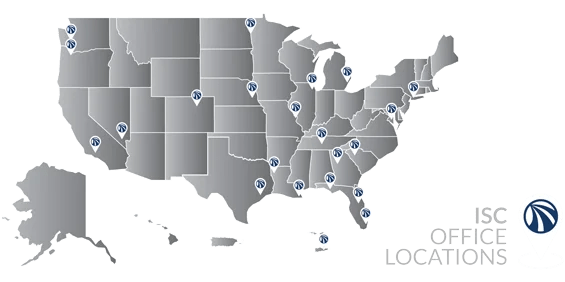With the growing interaction and improved coordination between federal, state and local governments, an integrated and comprehensive emergency operations planning approach is becoming even more critical and essential to the operational success of many jurisdictions. To meet these changing and oftentimes complex demands, our planning approach addresses all hazards, incorporates lessons-learned and AARs, and the latest modifications to federal and state emergency management programs.
The ISC Team has in-depth experience and knowledge in developing plans for emergency response and preparedness operations. The Federal Emergency Management Agency (FEMA) developed the Comprehensive Preparedness Guide (CPG) 101 – Developing and Maintaining Emergency Operations Plans – in 2010; CPG 101 is still the definitive guide to develop emergency planning.
Our experience with similar engagements has demonstrated that establishing a collaborative planning team (Step 1 of the planning process) is a critical step that ensures the planning is functional and practical based on the operational requirements as defined by the client. The CPG 101 planning process steps are simple and easy to understand and should be considered in every planning environment. In some cases, the time, resources, and objectives of the task order will dictate a modification of the planning process. However, the overall concept of the planning process and the six steps are an excellent guide to effectively complete strategic, operational, and tactical planning. Once the planning team develops an understanding of the planning process, plan development projects become more intuitive and easier to accomplish.
Steps in the Planning Process

Developing and Maintaining Emergency Operations Planning CPG 101 Version 2.0 November 2010 FEMA
The Integrated Planning Cycle™ is a process that ISC has developed to facilitate the creation of an all-hazard and/or scenario-based emergency management planning doctrine by applying an integrated cycle of planning, testing, evaluating, and updating. This approach aligns the diverse and growing number of new federal directives and programs and provides a proven method to effectively manage the influx of federal requirements and the increasing demands on state and local governments. Not only will this approach ensure compliance with new and existing regulations and directives, but it will also support and facilitate the integration of new planning doctrine and initiatives with existing planning doctrine.


